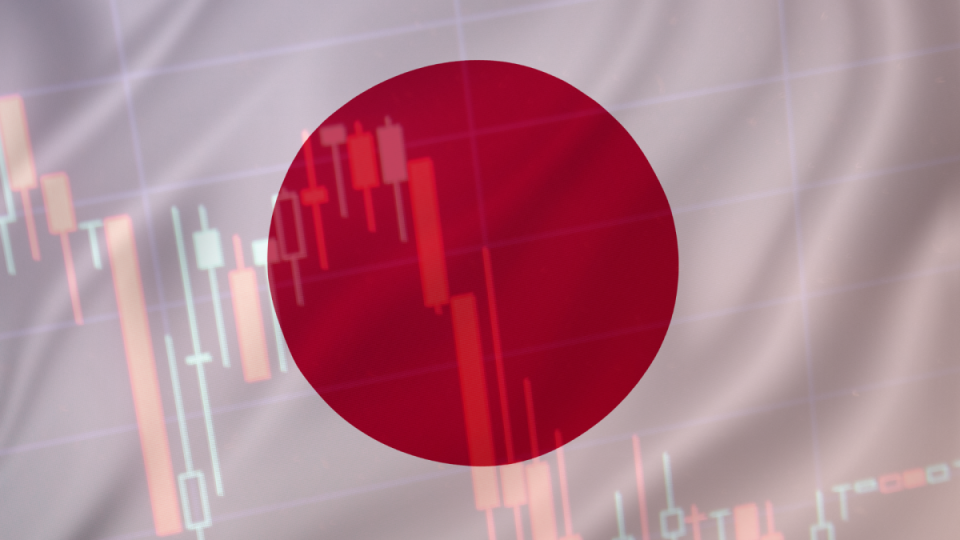Inside the unwind of Japan's 'carry trade'

In a time of heightened market volatility, George Tung of CryptosRus joins Scott Melker, host of The Wolf of All Streets podcast, to dissect the recent global market turmoil. As fears of economic instability spread worldwide, many are pointing fingers at Japan's latest financial policies.
Scott Melker opened the discussion by addressing the broad market selloff attributed to the carry trade on the yen and the Japanese market's recent downturn. Japanese markets experienced a dramatic decline of over 20% before showing signs of balance.
George Tung explained the complexities of the situation, noting Japan's long-standing negative interest rate policy, in place since 2016 to avoid deflation similar to that of the 1990s. This policy led to a weakened yen, advantageous for exports but ineffective in stimulating Japan's overall economy. Tung highlighted that Japan's GDP and consumer spending have been on a downward trend, culminating in a brutal 13% stock market drop.
The ripple effects of Japan's financial struggles have been felt globally. Following Japan's market slump, Europe and the U.S. have also experienced significant selloffs, illustrating the interconnected nature of global markets. "Whenever one gets sick, the others kind of catch a cold too," Tung remarked.
Central banks worldwide are currently discussing rate cuts, but the Bank of Japan took a different approach with a recent rate hike. This decision has led to substantial volatility in the yen, with its value dropping from $161 to $141 against the USD in just five weeks. Melker expressed concern over this extreme volatility in the Forex market.
Tung questioned whether Japan's decision to raise rates amid its unique economic challenges was wise. If Japan's exports slow down, it could trigger further selloffs, exacerbating the already precarious situation. "They're just in a really different scenario than all the other countries," Tung observed.